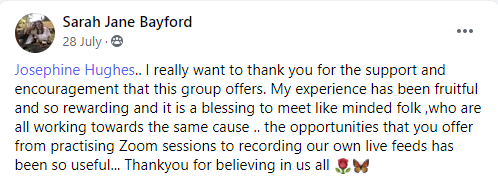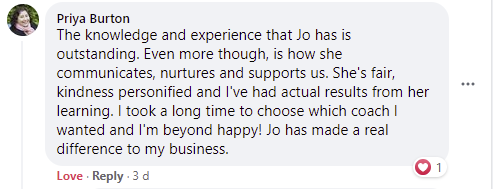When you’re faced with the empty box in a directory, writing a counselling profile seems like the hardest job in the world.
A lot seems to depend on getting it right – your income, the success of your private practice and whether or not you’ll be able to fulfill that dream of working as a therapist. So you’ll want to make the best use of the opportunity because this might be the only chance you’ll have to attract that client who’s just googled counselling.
Read on to learn how to improve your chances of them choosing you.
Profile writing for therapists
Recently I was choosing a car with my husband. It’s a big decision to make. It’s a lot of money.
The salesman began to talk about things like valves and horsepower and he lost me. Partly that’s due to my inability to process numbers but also because I’m not interested in how fast the car accelerates from 0-60mph (it’s not very relevant for town driving).
I just needed to know the car suited my needs which are more mundane than driving fun. Was it economical for when I’m driving it around town, and was it flexible enough to accommodate the needs of my sometimes at home family?
The thing is, the salesman was talking technicalities that I didn’t need to hear. I just needed to know it did the job.
The biggest mistake you can make in writing your counselling directory profile is to talk about you, your approach and your qualifications rather than focusing on what your clients need.

Photo by Nick Morrison on Unsplash
Use Empathy when Writing
Clients don’t lie awake at night thinking “I need counselling”. They lie awake at night thinking about their problems:
- It is the pain that their problems cause that makes them seek therapy.
- It is pain that makes them overcome their reluctance to ask for help.
- It is pain that convinces them to book in with you and pay for counselling.
So your counselling profile needs to be aimed at your client’s problems.
Think about the pain that your potential clients may be experiencing:
- overwhelming sadness due to the death of someone they love
- fear that their relationship is about to end
- sleeplessness due to worry about their children
- guilt because they can’t control their anger
- stress because of a difficult boss
People who are dealing with these problems are not interested in whether you’re a person centred or psychodynamic counsellor. They just want someone to understand their suffering.
One of the exercises we’ve done in the Therapy Growth Group is to identify the needs of your potential clients and how you can communicate more effectively with them when writing your profile. You can watch the training by joining the group.
Write About How Counselling Can Help
Anne Wylie, the writing coach, says:
Focus on what they’ll get out of it, not what we put into it
People need to know that you can help them. Talk about how counselling will make a difference to their lives. Help them to see that as a result of attending therapy they’ll feel better. That’s what people want.
Of course people need to know you are trustworthy, but proving that to them isn’t just about quoting your qualifications and your accreditations.
It’s showing them that you get it, and that you can help
So, when writing your counselling profile, beware of talking too much about yourself. Talk to your potential clients, acknowledge their problems, and address their needs. That way you’re truly showing them you’re an understanding therapist.
Get More Help in Writing your Counselling Profile
The Therapy Growth Group is to help counsellors get more clients and includes training on how to write a directory profile.
You’ll receive support and feedback from Josephine within the private Facebook group – and encouragement from the other members.

Want to Know More?
Click on the button below to learn more about the Therapy Growth Group and how Josephine supports counsellors to grow their private practice.



